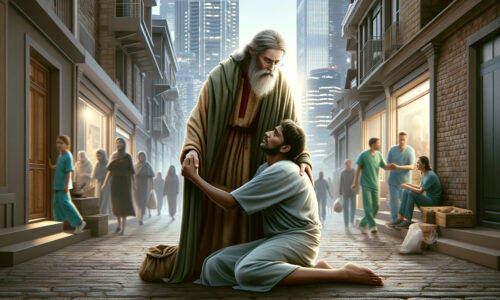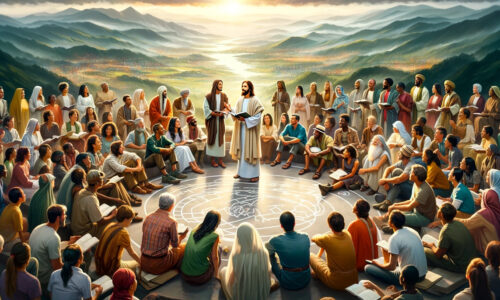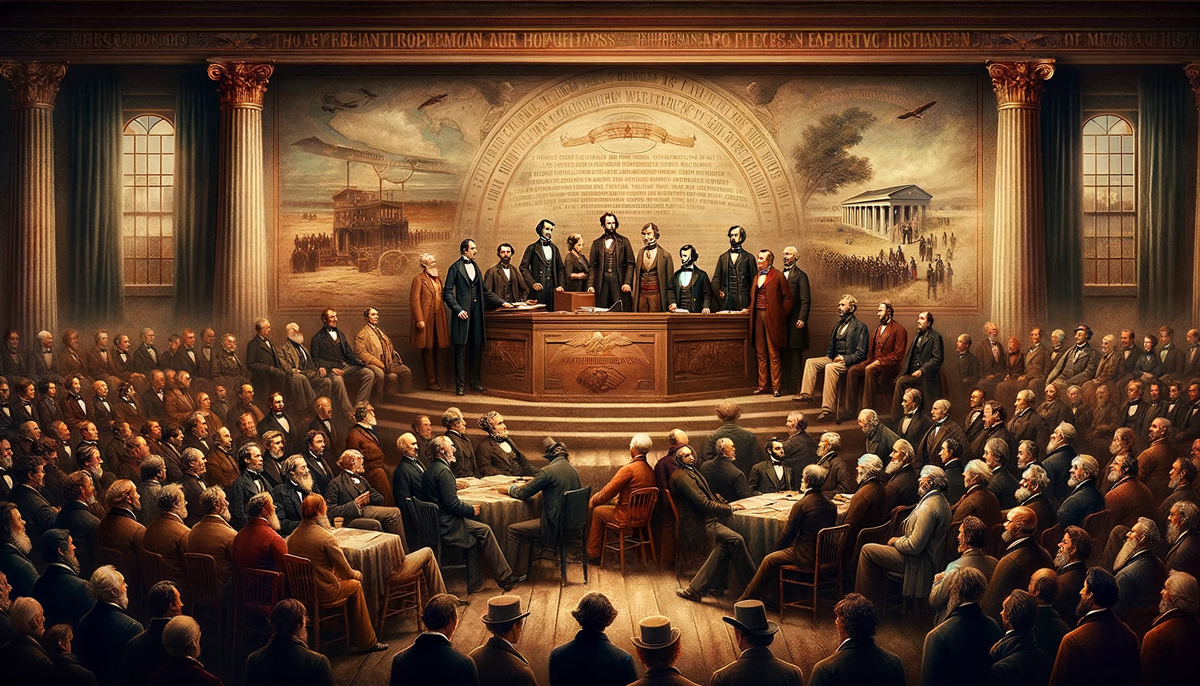
60,000
The current state of progress in our social crisis is hard to evaluate, being caught between the tension of an ever-mounting death toll, now exceeding 60,000 souls, and the need to reopen the economy. The tension between restrained civil liberties and the right of elderly and vulnerable people to be protected is not an easy decision.
As a nation, we have appeared to have now crossed the line into opening up the economies of many states before governmentally advisable thresholds for COVID case-reductions have been met. It remains to be seen if this will have negative consequences that are unmanageable. Having said all this, however, there are some things that seem apparent and are not ambiguous.
In the 20 years of the Vietnam War, we lost less people to battle than in the last two months of COVID-19. The desire to move forward with collateral damage of the elderly and vulnerable seems to be the trade-off to preserve the civil liberties of the strong and healthy. However, for me, my civil liberties end where someone else’s life begins. I would rather choose personal restraint of my freedoms than to take away someone else’s right to life.
In order to be consistent in my life-ethic, I have to choose this road. In other words, I cannot say to the teenager that her desire to terminate her pregnancy is an inappropriate exercise of her civil liberties, while at the same time say that an uncalculated resumption of work during a pandemic, one that hospitalizes people with comorbidities, is acceptable. I have a personal responsibility to assume the responsibility for the cost.
There is an eerie depersonalization of death in our social movements today. We observe the statistical mounting of the death toll but want to give workers the freedom to resume employment without proper safeguards. The tension between the right-to-work and the unforeseen consequences of a reopened social life is a difficult one.
To me this is sad at so many levels. It is sad for the elderly, who we fail to protect adequately. It is sad for the worker who is restrained from working and feeding his family. It is sad at the level of duplicity in values we are all facing. For example, just to go to the grocery store or resume employment may have an unforseen human cost, one for which I do not want responsibility but essentially have to assume by default.
Yet, what is our God-given calling as Christians. It is to be compassionate, not self-willed. When we must choose between who will get the lifeline—the unemployed person or the man needing a ventilator—no choice is a correct one. They are all wrong. However, like I said, I choose to be consistent with the most fundamental of rights, the right to life. This choice is not without its implications for poverty, for unscheduled but needed elective surgeries, for rising unchecked child abuse, and other similar consequences. Once we relinquish societal protections of the vulnerable, who knows where that will lead us.
We try as a culture to minimize freedom violations. When someone owns a gun, if s/he uses it inappropriately, the police take it away or put that person in jail. When someone drives under the influence, we limit that person’s movement because they are endangering others. We limit freedoms when those freedoms infringe upon other’s rights. Freedom during a pandemic must be limited. In a parallel scenario, a person cannot go into a theater and exercise free-speech rights to yell “fire” and cause a trample-you-to-death-panic for those that have the right to live and watch a movie.
Even in this, however, one must wonder if our governor’s approach is balanced to exercise optimistic cautions appropriately. He opened up the liquor industry for curbside pickup, but many isolated sole proprietorship construction workers have to stay at home because they supposedly pose a risk. This is a hardly a sensible plan for reopening.
In the end, I choose life. I choose to abide by that ethic and restrain my civil liberties for the benefit of others. I willingly allow the government to exercise its power to prioritize protections, when in fact those protections benefit the vulnerable. Sure, it would be easier to stay silent and take the middle ground, understanding both sides. However, health care workers and government officials do not have that luxury. Why should I?
Surely there has to be a better way than the one we have currently chosen, one which provides extensive protections to the vulnerable as well as liberties for those who pose a minimal risk to others. The voice for common-sense-plans needs to not minimize 60,000 deaths, especially since that escalation in mortality shows little end in sight.




